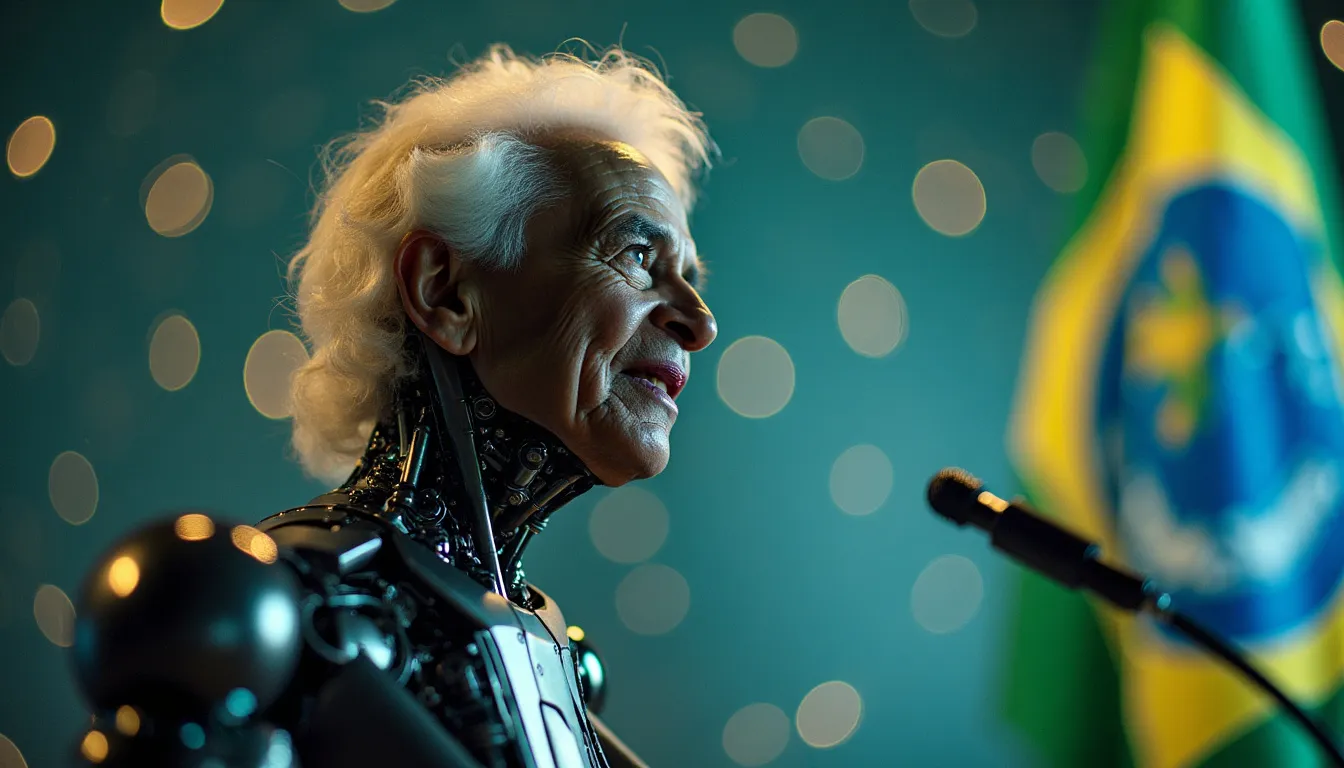Lula’s Push for Global AI Governance
President Luiz Inácio Lula da Silva of Brazil has embarked on a significant initiative to lead the global charge in regulating artificial intelligence. With Brazil taking the presidency of the G-20, Lula is seizing this opportunity to advocate for international and intergovernmental governance structures for AI. His emphasis is on ensuring that developing nations are not left out of this crucial conversation.
Under Lula’s leadership, Brazil is striving to drive an inclusive digital revolution. He stresses the importance of maintaining human dignity, protecting the planet’s health, and upholding our responsibilities to future generations. This inclusive approach is aimed at fostering a digital environment where everyone can benefit equally.
Brazil’s National AI Strategy and Framework
Brazil has introduced a national AI plan, coined AI for the Good of All, which includes substantial investments aimed at achieving technological independence from foreign powers. By 2028, the nation plans to invest BRL 23 billion (about USD 3.96 billion) in this endeavor. This robust investment showcases Brazil’s commitment to securing its technological future.
The national AI plan also outlines a comprehensive legal framework for AI. This framework includes rules on risk categorization, risk management, governance of AI systems, and transparency mandates. High-risk AI systems will be subject to detailed algorithmic impact analyses to ensure their safety and reliability.
Furthermore, this framework ensures the protection of individuals’ rights. It grants various rights including information, privacy, data protection, human participation in decision-making processes, and protection against discrimination. Particularly for high-risk systems, it includes additional rights like explanation, contestability, and revision, empowering people to hold AI systems accountable.
Accountability and Representation in AI Regulation
To enforce compliance, the proposed bill establishes civil liabilities and penalties for non-adherence to the regulations. Non-compliant entities could face fines up to BRL 50 million or 2 percent of their gross revenue per infraction. These penalties are coupled with mandatory communication protocols for serious security incidents, ensuring transparency and swift corrective action.
An inter-agency regulatory system will be set up at the federal level, signifying a collaborative approach to AI governance. The main regulator will be appointed by the executive branch, and existing sector-specific regulators will participate in this coordinated effort. This inter-agency system aims to create a cohesive regulatory environment across different sectors impacted by AI.
President Lula emphasizes that AI regulations must reflect the interests and cultural diversity of the Global South. By highlighting the significance of the digital economy benefiting all countries, not just the developed world, Lula is advocating for a balanced and equitable global digital landscape. His vision ensures that the AI-driven future respects and incorporates the diverse needs and perspectives of every nation.




